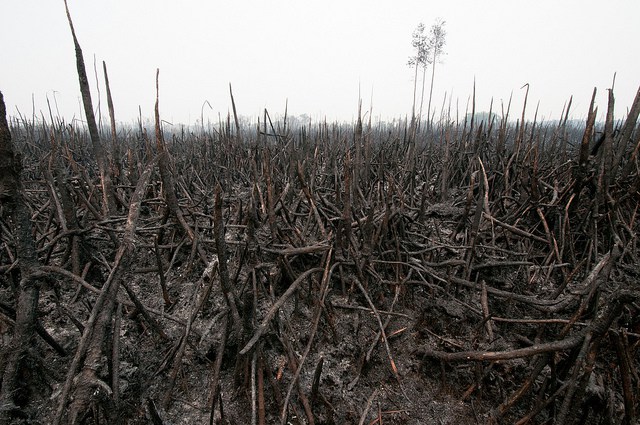Plantations International News

$ 30 billion dollars. That is the overall adverse economic effect of this year’s woodland fires in Indonesia. These costs do not strike Indonesia alone– Singapore, Malaysia, Thailand, or even the Philippines have actually been influenced, baseding on information presented by Herry Purnomo, Researcher at the Center for International Forestry Studyand Professor at Bogor Agricultural University.
“As a matter of fact, 43 million individuals were subjected to fire– and nineteen people passed away due to toxic haze,” claimed Purnomo throughout a session on exclusive market interaction to stop fires in Indonesia at the International Landscapes Online forum in Paris, along with UNFCCC COP21 negotiations.Though the prices to the
area all at once are substantial, there are lots of people who profit from fires– and also that’s where the issue exists. Each hectare burned offers$486 in short-term advantages, spread out across a big group of people ranging from town heads, farmers, team organizers, as well as police officers. Taking into consideration nearly 2 million hectares of land melted in the past couple of months, that’s a bunch of cash.” If it is planted with oil palm, the value of the land enhances to US$ 3000 per hectare. It is an economic situation on the ground– this burning, clearing up, growing, performed by powerful individuals on the ground, “stated Purnomo.Purnomo’s information also showed that wood ranches– the source of pulp for paper
— were the resource of many hotspots, as found by satellites, with palm oil 2nd, showing the solid connection in between industrial agriculture and also fires.It is not, however, as uncomplicated as satellite images might make it seem. Many palm oil and also pulp products come from smallholders, who usually stay in lawful ambiguity. Several absence official land tenure, which is excessively pricey to obtain.Mansuetus Alsy Hanu, with the Indonesia’s Hand Oil Smallholders Union, warned that those that used fire to get land were probably not smallholders in
his definition, yet most likely middle-size owners. They have the incentive to use fire to clear and also case charred land to turn into plantations, not traditional smallholders.One point of consensus: all stakeholders require better data– not just on the impacts of fire, yet likewise on what is occurring on the ground before it burns.
Lack of correct maps means that it is hard to know where concessions start as well as end and also that is accountable for each fire. Numerous Indonesian NGOs have invested years pursuing a one map initiative, which would plainly define and assign land concessions across the nation, making it simpler for both federal governments and civil culture to attach fires with those who caused it, and also better allot sources to stop fires. Plantations International
